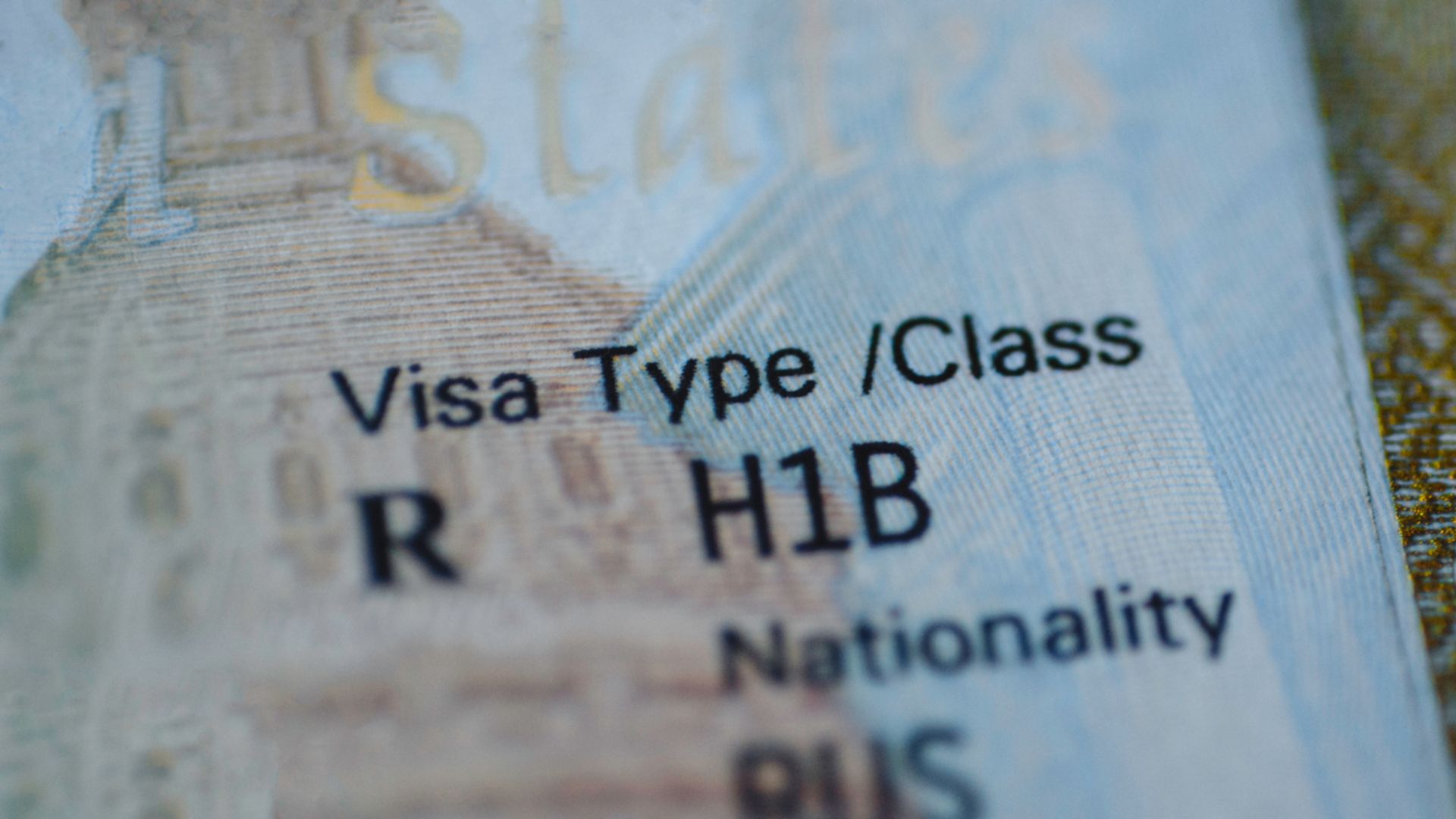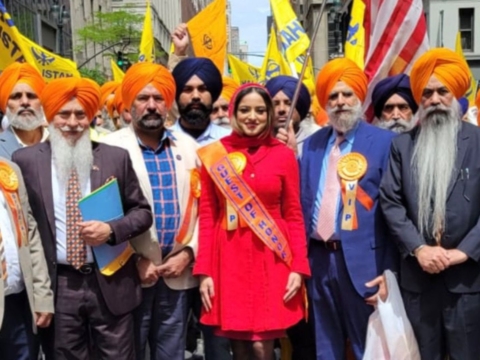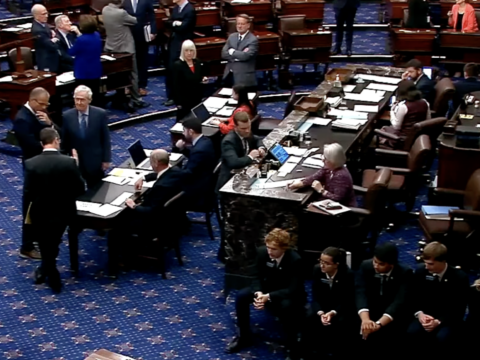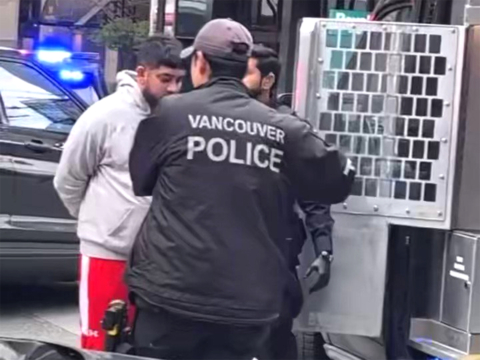WASHINGTON (Diya TV) — The number of H-1B visa revocations has surged, raising questions and concerns about the fairness of the process. Chicago-based tech worker Sridhara Alavala finds himself in the midst of a legal battle to prevent the government from revoking his temporary work visa due to his former employer’s past fraud, a case emblematic of broader issues within the system.
Alavala contends that while his former employer, Kronsys Inc., committed fraud, he was not involved in any wrongdoing. Despite this acknowledgment by USCIS, the agency still moves forward with the revocation, potentially jeopardizing Alavala’s stay in the US.
The case unfolds against a backdrop of heightened scrutiny on H-1B practices, particularly targeting third-party contracting companies like Kronsys. USCIS has revamped the annual visa lottery and proposed regulations to curb abuse by such firms, signaling a broader crackdown.
However, critics argue that penalizing immigrant workers for employer misconduct undermines the integrity of the system. Angelo Paparelli, a legal expert, highlights that such actions discourage reporting of wrongdoing, contrary to promoting integrity.
Alavala’s situation underscores the challenges faced by visa holders caught in the crossfire of employer malpractice. Despite being unaware of his employer’s fraudulent activities, Alavala faces the risk of visa revocation, which could disrupt his life and career in the US.
His lawsuit challenges USCIS’s handling of the case, arguing violations of due process and jurisdiction. The outcome of this legal battle could set precedents for how similar cases are treated in the future.
The broader implications of Alavala’s case extend to the entire H-1B visa program, prompting calls for reforms to protect workers from being unfairly penalized for their employers’ actions. As the legal proceedings unfold, stakeholders closely watch for potential changes that could reshape the landscape of skilled immigration in the US.
Amidst legal battles and regulatory changes, immigrant workers like Alavala find themselves navigating uncertain terrain, highlighting the complexities and challenges inherent in the US visa system.




